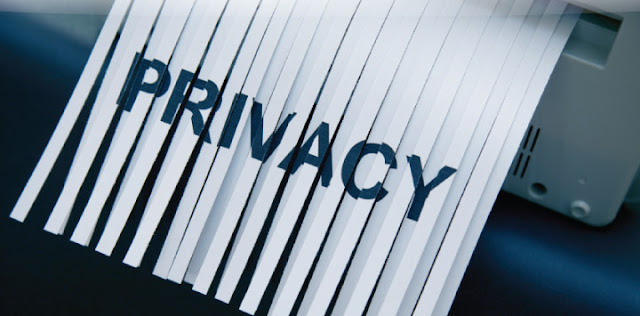Your work PC is only the first link in a chain of surveillance that extends from your keyboard to basically every other piece of equipment on the corporate network. In some offices, even the copy machine keeps tabs on you. At the very least, all of your network use is likely being logged somewhere. To avoid having your browsing tracked, you need to get off that network.
Thanks to the proliferation of 3G and 4G data services, it has never been easier to enjoy a little semiprivate (nothing is totally private) web surfing from the office. This development will likely prove to be terrible news for employers, but it’s great for lazy workers who like to goof around on the job.
You have several good choices for bringing a mobile broadband connection to your PC. You can buy a computer with mobile broadband built in. You can use a USB dongle. You can use a wireless tethering device such as the Novatel Wireless MiFi or the Sierra Wireless Overdrive. Or you can just tether to your personal smartphone. Depending on which option you choose and how much data you plan to eat up, these services will charge a variable monthly fee.
If you decide to go the smartphone-tethering route, be sure to keep your phone charging on your desk the whole time. An hour of data tethering will easily blow through your phone’s battery.
Should the expense of your own mobile data service seem unreasonable for the privilege of escaping your boss’s watchful eye, at least take one simple precaution when using your own machine on the company Wi-Fi network: Give your computer an anonymous name.
If you accept the default account settings when you set up your PC, your computer will likely announce you by name whenever you connect to the network, presenting itself as, say, “Dan Thompson’s PC” or similar. This name is usually visible not only to your company’s IT department but also to everyone else on the network, your coworkers, your boss, the woman in accounting, everyone.
Change the name of your PC to something innocuous and nondescript. Heck, change it to a random string like 9873r54C. Then nobody will know what it is, and it’ll just blend in with the long list of devices on the network. And more important, if anyone ever does try looking into what it is, what it has been doing on the network, or where it came from, it won’t point so obviously to you.
Even if you’re out of the office, or if you work remotely, your web activity can still be tracked whenever you connect to the company’s virtual private network. The solution here is simple: Disconnect from the VPN whenever you’re not using it, and stick to work tasks while you are connected. This is good practice anyway, since you have no solid reason to stay connected to the VPN when you don’t need it.
Smartphone:
If your company issued you a smartphone, don’t assume that anything you do with it is private. Tracking everything from calls and text messages to apps installed is a trivial task for your IT department, and with mobile security gathering increasing attention of late, chances are good that your device’s network activity is at least showing up in a log somewhere.
Even if you’re not a total slacker, it can be a good practice to carry your own smartphone for personal use. Besides, doing so will give you the advantage of having an untracked device and network connection as mentioned earlier.
In the grand scheme, of course, there’s no such thing as online privacy. And although I know it’s none of my business what you do with your time at work, it actually is, both literally and legally speaking, your boss’s business. So don’t blame the company for wanting to track your computer use. With that said, however, I don’t blame you for wanting to loosen the leash a little from time to time. Just use your best judgment, and don’t get yourself into trouble.

No comments:
Post a Comment